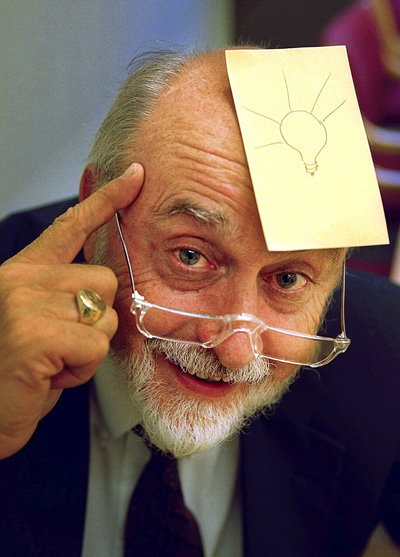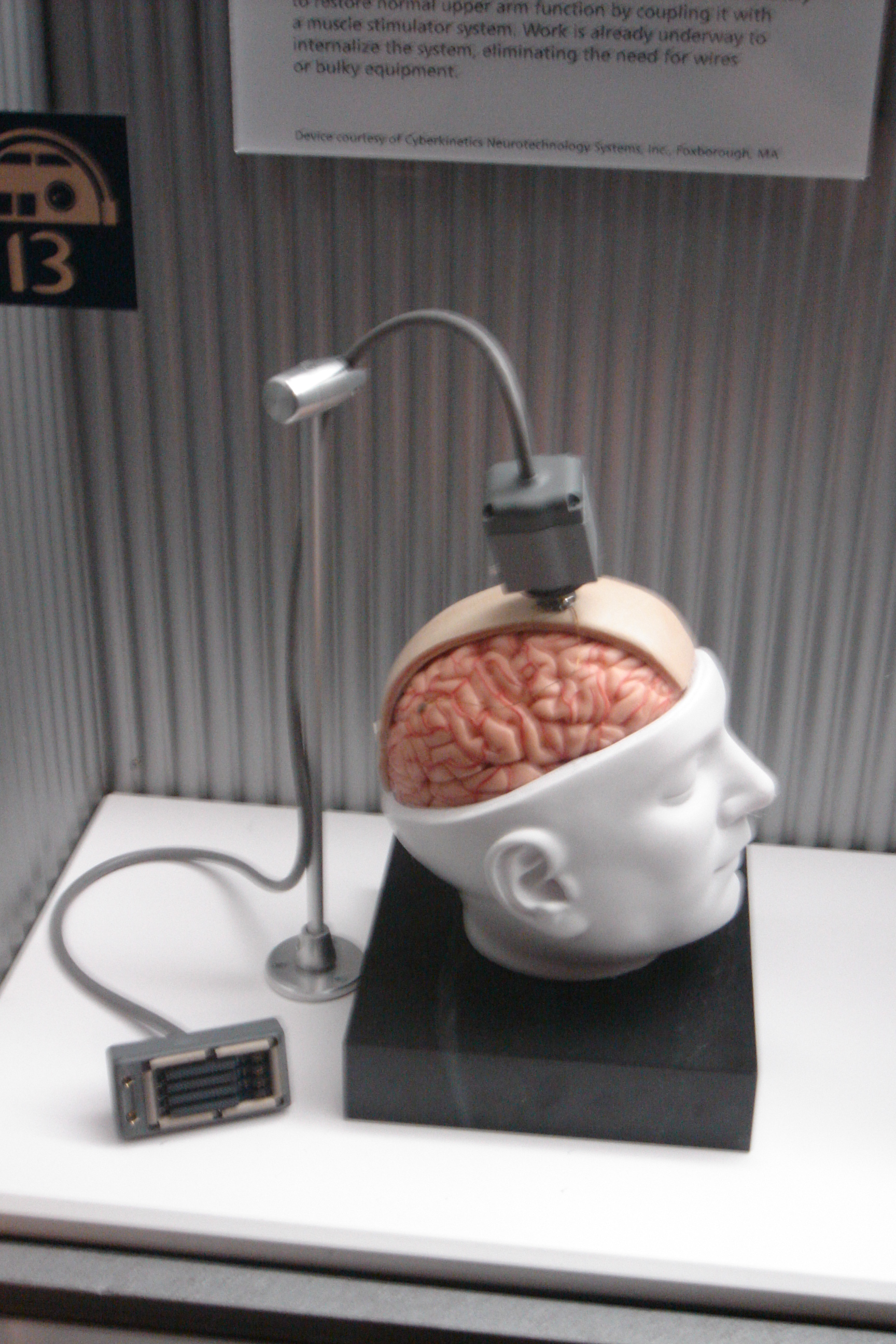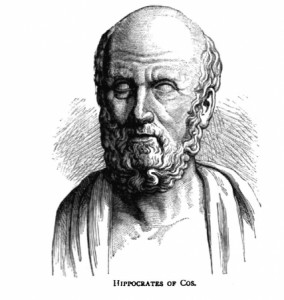Ego is blinding, and none of us are immune. But life allows some examples to be writ large.
- Dick Cheney said this weekend that Sarah Palin wasn’t qualified to be Vice President, and who can argue? A few people in powerful positions in the media seem to think they can still make a buck off her obnoxious idiocy, though they’re pretty much alone at this point. But you know who else wasn’t prepared for the job? Dick Cheney. Because of his arrogant incompetence, thousands of our soldiers and tens of thousands, if not hundreds of thousands, of Iraqi civilians died. Yet he goes around smugly believing he’s an incredibly accomplished person, free to judge the qualifications of others. Cheney is still the textbook example of why you hire a person, not a résumé.
- Mayor Mike Bloomberg wants to keep New Yorkers from drinking extra-large sodas, but he has said little or nothing about declaring war on toxic Wall Street products. He would probably assert that he is capable of legislating against the former but not the latter, but that argument doesn’t wash. As owner of Bloomberg News and mayor of America’s finance center, he should have been a relentless advocate for cleaning up Wall Street. Since the financial sector cratered our economy, he’s been largely silent about white-collar criminals, reducing himself to a highly selective technocrat who is oblivious to things that make him personally uncomfortable. I guess you can’t expect much more from someone who circumvented the free vote of the people and made a handshake deal with another billionaire behind closed doors to enable a third term for himself.
- Mitt Romney thinks himself a good and moral person, but how can someone believe that while working to take health insurance away from more than 30 millions at-risk Americans? It doesn’t add up. If he gets his way, people who wouldn’t have died will die.
- Sad to hear about Jonah Lehrer’s complete unraveling at the New Yorker. He’s obviously a bright and gifted person, but one with deep flaws of a seemingly pathological nature. I hope he figures out the bad stuff and can proceed with the good, though he needs to permanently step away from journalism. I always pause when people are lavishly rewarded at a young age, before they’ve had a chance to fail and struggle. The praise can freeze still-developing people in time, encouraging their gifts but also their flaws. Why change and grow when their behavior has led them to great heights so quickly? It seems dangerous to grant approval before time has been able to complete the growth (and vetting) process.•













